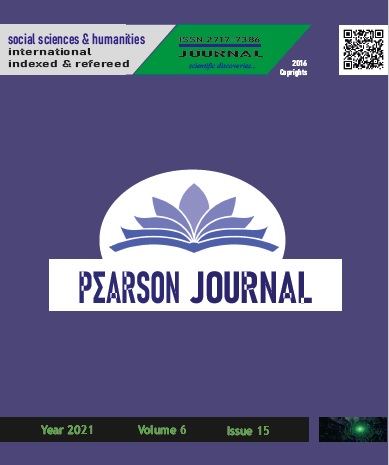EVALUATION OF MATHEMATICS CURRICULUM IN PRIMARY EDUCATION IN TERMS OF 21ST CENTURY SKILLS
DOI:
https://doi.org/10.46872/pj.446Keywords:
Mathematics curriculum, P21, 21st century skillsAbstract
Everything changes quickly in the information era, and individuals are expected to keep up with this change and be successful by having shifting knowledge and abilities. Individuals can learn these talents, which are referred to as 21st century skills, at a young age through education. Curricula, which are primary sources in education, play a critical role in this environment. In this study, mathematics course curricula from 2009, 2015, 2017, and 2018 were analyzed in terms of 21st century abilities. Document analysis is one of the qualitative research designs used in this study. The mathematics teaching programs from 2009, 2015, 2017, and 2018 were used as data, and they were all available on the Ministry of National Education's official website. The data was evaluated using descriptive analysis, and themes were developed using 21st-century skills. These abilities were sought in the content of the program's key headers. P21 (Partnership for 21st Century Skills) categories were used to divide the data into themes. According to the findings of the study, programs in the areas of general and specialized goals, learning areas, assessment and evaluation, and acquisition do not give enough weight to 21st century abilities. It has been observed that 21st century skills are not equally represented in programs, and when the P21 classification is used as a guide, skills like flexibility and adaptability, initiative and self-management, social and intercultural interaction, productivity and accountability, leadership and responsibility are left out. Curricula have been found to not include all 21st century abilities and to incorporate these skills at various levels.




